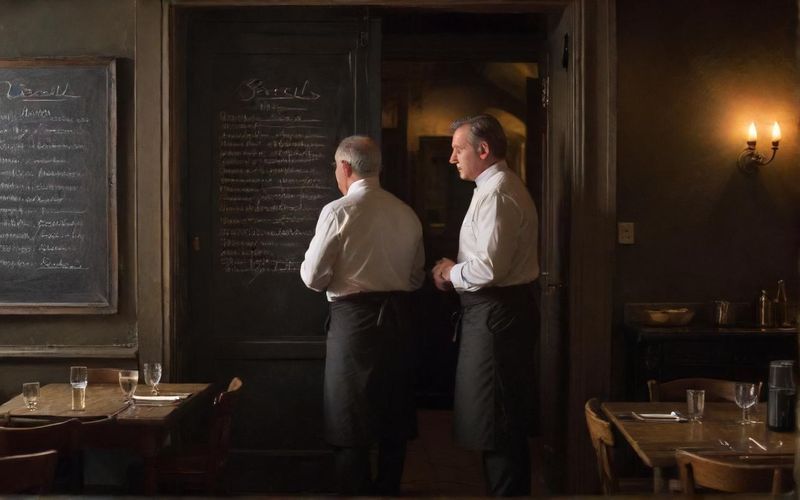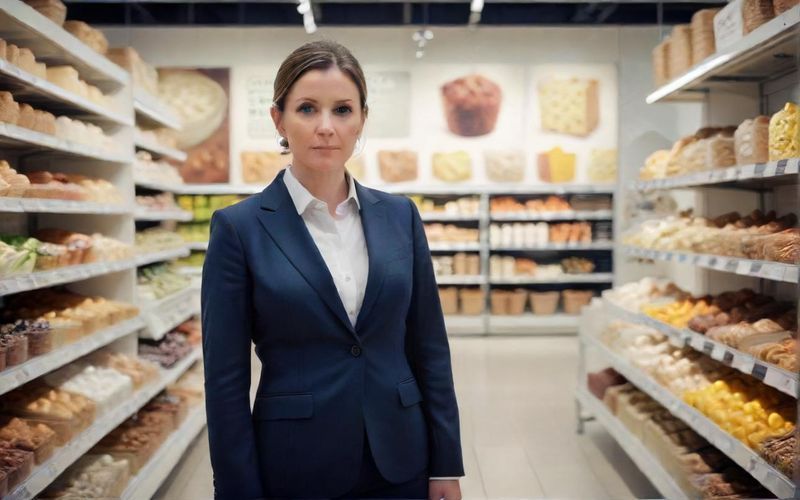Rick Stein's Sad Reality: UK Restaurants Struggle

Stein’s businesses, Seafood Trading Ltd and Stein's Trading Ltd, have reported significant pre-tax losses. He attributes these difficulties, in part, to the current economic climate and government budgets, noting that the hospitality industry is "suffering" and that businesses are being forced to "restructure." This honest assessment, delivered with a noticeable degree of personal disappointment, underscores the immense pressure on even well-established names in the field. It's a far cry from the idyllic culinary journeys often portrayed on screen.
What’s particularly insightful is Stein's reflection on the past. He recalls the opening of his main restaurant fifty years ago, a time when the economic pressures were different. Today, he observes, it's "all about value for money." This shift in consumer expectations, coupled with rising operational costs – including a significant increase in National Insurance contributions mentioned in another report – creates a squeeze that's difficult to escape. He even voices a wish for a VAT moratorium, highlighting the tangible policy changes he believes are needed to support the sector.
Beyond the immediate financial concerns, the narrative around Rick Stein also touches on the broader impact of successful ventures. His decades-long association with Padstow has transformed the Cornish town, a phenomenon he acknowledges. While some lament the rise of "Padstein" and the ensuing changes, Stein offers a nuanced perspective. He argues that without tourism and the draw of places like his restaurants, such villages might struggle to survive, echoing his observations of depopulated French hamlets. It’s a complex Catch-22: the very success that fuels prosperity can also fundamentally alter the character of a place, creating a constant balancing act for those at the forefront.
The recent trend topic surrounding Rick Stein, therefore, isn’t just about a celebrity chef’s financial woes. It’s a vital conversation starter about the resilience of the British hospitality sector. We see a seasoned professional, who has brought immense joy and culinary inspiration to millions, grappling with realities that are forcing even the most renowned to adapt. His new Christmas cookbook, filled with personal anecdotes and beloved recipes, feels less like a commercial venture and more like an effort to bring a taste of comfort and familiarity into homes during what he clearly sees as challenging times for the industry and the country. He’s not just selling books; he's sharing a piece of himself, perhaps a testament to the enduring power of food to connect us, even when the economic landscape feels uncertain.
As the industry navigates these turbulent waters, the question remains: what systemic changes are truly needed to ensure that the vibrant heart of British hospitality, supported by figures like Rick Stein, can not only survive but thrive in the years to come?








